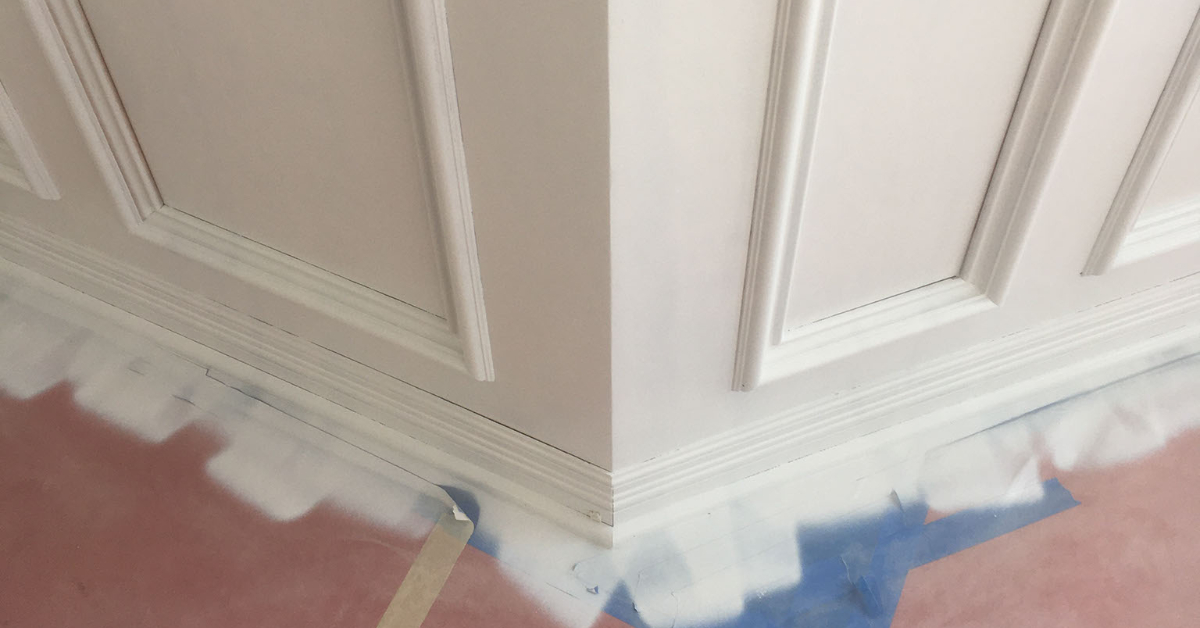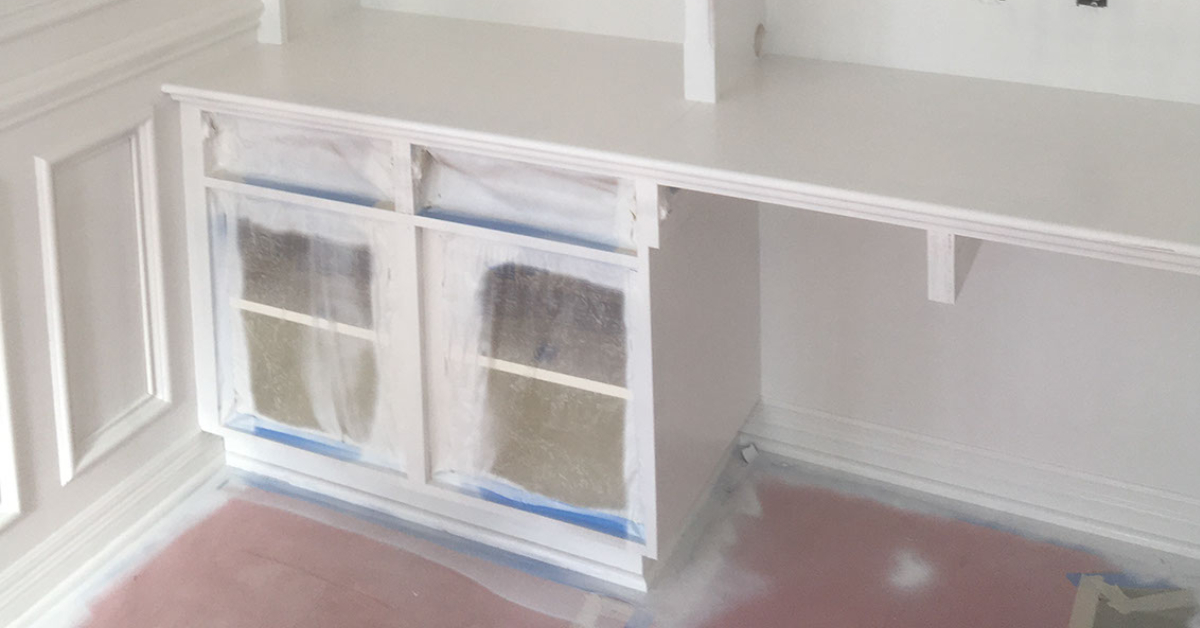Finishing Touches
How do you find that painter who closes out your projects?
13 October, 2021
How do you find that painter who closes out your projects?
13 October, 2021
For the purposes of this discussion, a closer is a painter who finishes jobs right down to the last detail. Not all painters are closers. Some are openers, good at getting jobs off the ground and running. Others are middle-inning players, strong in production. The closer has mastered all three phases of project science and takes particular pride in the “walkaway,” where the transformation has happened and the project is left looking way better than it was to begin with.
As a business owner, I look forward to jobs being closed efficiently so that there is maximum fluidity between project completion and billing/payment. I find that psychologically it is best to bill quickly, because if we have hit our service delivery goals, this is when the customer should be happiest — and happy customers pay quickly. Quick payments across the board make for healthy cash flow, which reduces our stress. Healthy business, happy ownership team.
In my company, we have developed some excellent closers over the years. I make it a clear part of the growth plan for employees. Closers add value — so be a closer! It is not for everyone. I have had bad closers, who were characterized mostly by disorganization, lack of focus and inability to multitask. Good closers have laserlike focus and superhuman powers of concentration. They are not easily distracted.

Closers always make sure they have what they need in their toolbox. You will rarely have “paint emergencies” with a good closer at the helm on the tail end of the project. There will be no “I need a roll of tape in order to finish.” Talented closers can make do with whatever resources they have at hand, and they usually have all possible scenarios covered. This is immensely important to your operational efficiency because it seems to be the case that most products that hang up a job are in the $20-and-under price range. That can be incredibly frustrating.
Part of developing closers is letting go of micromanagement and trusting the right people. You have to trust they can carry company tools and take care of them. Who cares if they use a sander at their parents’ house on the weekend? Call it a perk. It is also important to empower them with purchasing duties. Let them know that they can go to the paint or hardware store and use the company account to get what they need. Same with your shop if you have one. Trust me, employees aren’t going to pilfer blue tape, rags and strainers.
I emphasize the importance of daily updates between the lead painter on a job and me as the owner, and there are certain key phrases that I have hammered on over the years.
Here are a few I don't care for:
The “except for” clause isn’t OK. A job is either done or it’s not. There is no “pretty much done.” That is where the closer comes in. The closer knows that even when the stairs/baseboards/cabinet doors get done, there is still a comprehensive closeout procedure involving critical tasks like pulling protection, cleaning thoroughly, resetting furniture, customer walkthroughs, surveys, etc. So don’t be fooled by the optomist’s report that
includes except-fors.

Now that we’ve defined a good closer, how do you find one? We spend so much time thinking about how to offer our customers the best possible service, but it is also important to take a look at employee satisfaction, because satisfied employees are the ones who will provide that service. Don’t expect an underpaid, disgruntled painter to care about the baseboards.
In the past 18 months, due to the changing economy, perception of work has gone through a shift. Work is not so appealing anymore. This has been a major challenge because my company has been seeking new team members more aggressively than ever but with the worst results ever. It’s not so much bad applicants as it is very few applicants. Networking and word of mouth have become the best producers.
From there, I look for ways that working at Topcoat Finishes can make their lives better. Learning about what motivates employees is a great way to build a win-win relationship, which is part of developing a good, long-standing closer. The closer will rarely be one of your newer people; it will be someone who has been with your company for a while.
I used to frown upon money being a top motivator, but now I think it is an awesome thing. It is an easy need to fulfill as long as you have a development sequence in place with key skills that add value to the employee package. Skills that make the company more money should also make the painter more money.
Flexibility is also important, and that can work both ways. There are times when you need employees to be flexible, and there are times where they need the company to show them some flexibility. This usually involves scheduling, and communication. If they need time off for a family emergency, give it without question. If their dog has a vet appointment, give them time to go. These small gestures come back full circle.
Another interesting point that my newest team member made in his interview was the desire for a structured weekly schedule. He had been working 45 hours per week for his previous employer, and they were constantly calling and texting him during his off hours. No one wants to be pestered by work when they are not working, so while the money was good, these other factors led to his departure. In this case, money wasn’t his key motivator. He told me that he would be happy with 35-40 hours in a set Monday-through-Friday schedule so that he can commit his free time to his interest in photography and graphic design — that is what his college degree is in. And guess what two areas our company will be getting a boost in soon? Yup — photography and graphic design.
I learned during the pandemic shutdown that the more diverse skill sets you have on your team, the stronger your business is. Learn what those skills are and maximize them. That is a great way to create win-win relationships in your company and to grow a culture of loyalty and pride. Someone who is proud of and loyal to your company can make a great closer, as they’ll want to show your company’s finished product in the best light possible.
By: Scott Burt - Senior editor of APC and owner of Topcoat Finishes VT


Painting Contractor #1 allegedly threatened to “turn in” his…
Read Now

The situation is different in every area, and not only that, it’s…
Read Now
Add new comment